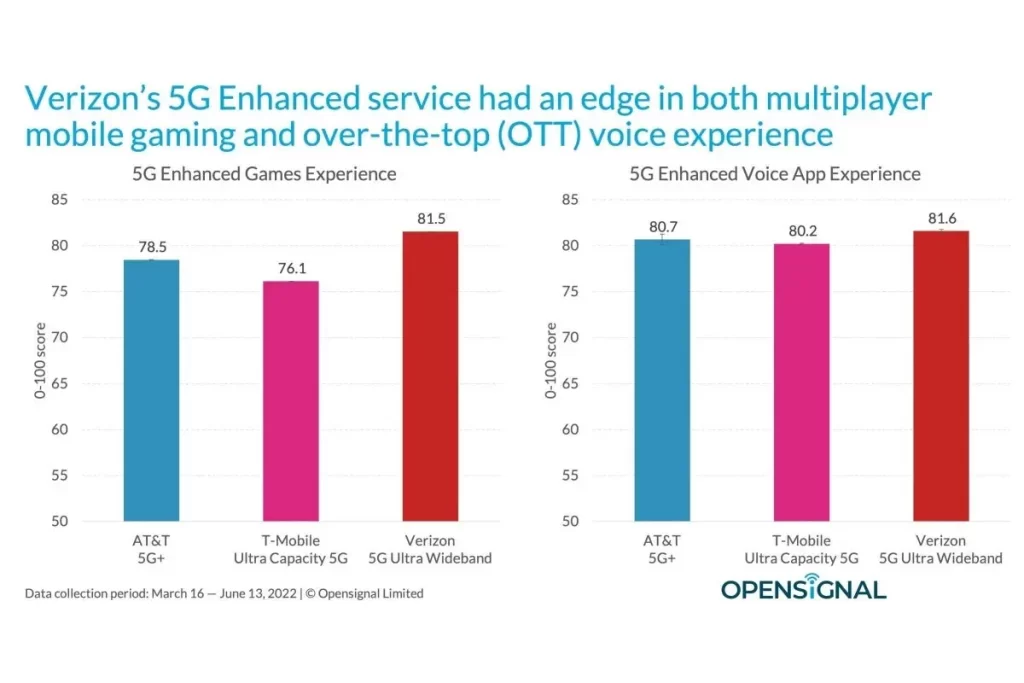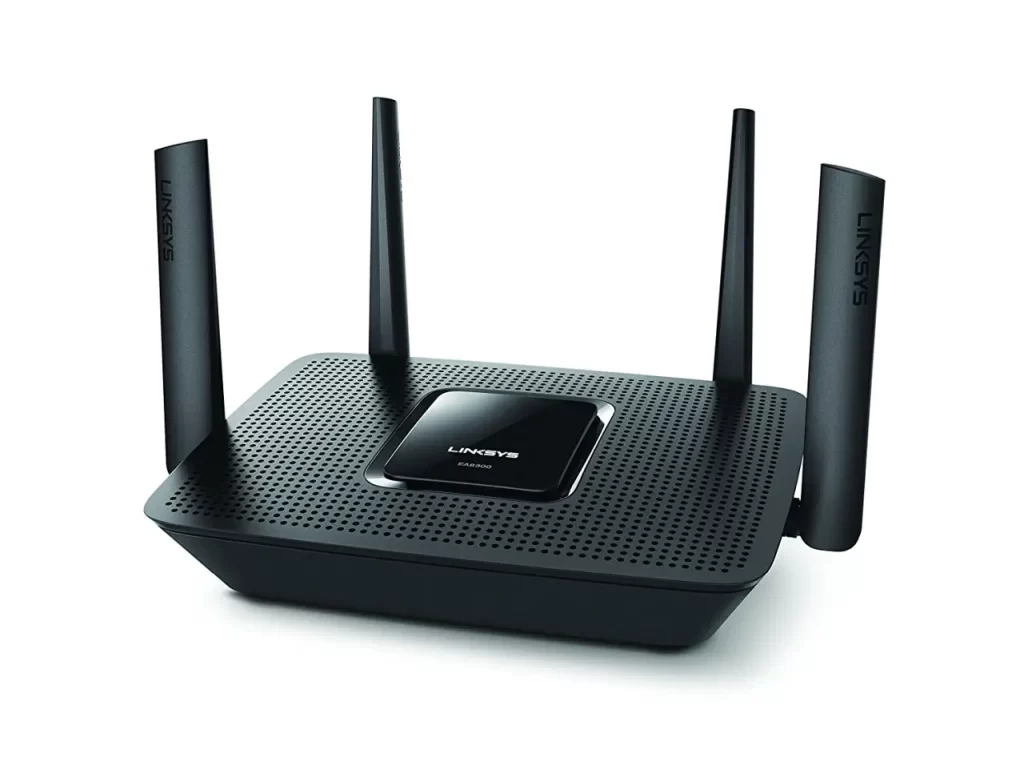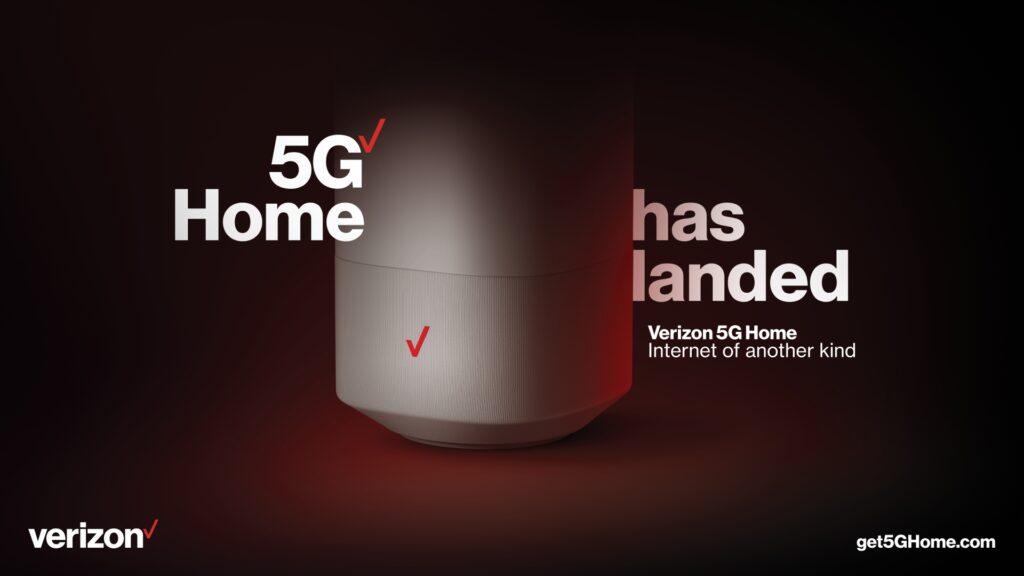AT&T vs. Verizon 5G Home Router: BOOM!
Have you wondered about AT&T vs. Verizon 5G Home Router? Here’s a comparison of the Verizon 5G Home Router and the AT&T 5G Internet Air Home Router based on their features and offerings:
- Connectivity:
- Verizon 5G Home Router: It is designed to work with Verizon’s 5G Ultra Wideband network, offering high-speed internet access with low latency and high bandwidth.
- AT&T Internet Air 5G Home Router: It is intended for use with AT&T’s 5G network, providing similar high-speed internet access with low latency and high bandwidth.
- Wireless Standards:
- Both routers support Wi-Fi 6 (802.11ax), the latest wireless standard, which provides improved performance and efficiency, especially in crowded Wi-Fi environments.
- Multiple Device Connectivity:
- Both routers are designed to support multiple devices simultaneously, allowing for seamless connectivity for various devices in the home or office.
- Ethernet Ports:
- Both routers typically include Ethernet ports for wired connections to devices that require a more stable and faster connection than Wi-Fi can provide.
- Self-Installation:
- Both Verizon and AT&T offer self-installation options for their 5G home internet services, allowing customers to set up the routers themselves without the need for a technician. But if you don’t have the time or inclination to do it yourself, give us a call and we will handle all of the set up for you!
- Availability of AT&T vs. Verizon 5G Home Router:
- Availability of both Verizon’s and AT&T’s 5G home internet services, including their respective routers, depends on the deployment of their 5G networks in specific areas. Availability may vary by location.
- Cost:
- Pricing for both AT&T vs. Verizon 5G home router internet services, including their routers, can vary based on the selected plan and any promotional offers available at the time of sign-up.
Overall, both routers offer similar features and capabilities, as they are designed to provide high-speed internet access using their respective 5G networks. The choice between them may depend on factors such as the availability and coverage of AT&T vs. Verizon 5G Home Router networks in your area, as well as any specific pricing or plan preferences you may have.
What are the technical differences between the two routers above?
The technical differences between the Verizon 5G Home Router and the AT&T Internet Air 5G Home Router lie in specific details of their hardware and capabilities. Here are some key technical differences when comparing AT&T vs. Verizon 5G Home Router:
- Frequency Bands:
- Verizon 5G Home Router: It supports Verizon’s 5G Ultra Wideband network, which operates primarily in the mmWave spectrum, offering high bandwidth and low latency in dense urban areas.
- AT&T Internet Air 5G Home Router: It is designed to work with AT&T’s 5G network, which utilizes a mix of frequency bands, including low-band (sub-6 GHz) and potentially mmWave, depending on the deployment, offering a balance of coverage and speed.
- Wi-Fi Standards:
- Both routers support Wi-Fi 6 (802.11ax), but there may be differences in specific Wi-Fi features or capabilities implemented by each manufacturer.
- External Antennas:
- The design and configuration of external antennas may vary between the two routers, potentially affecting signal strength and coverage.
- Ethernet Ports:
- The number and type of Ethernet ports (e.g., Gigabit Ethernet) on each router may differ, affecting wired connectivity options.
- Wi-Fi Performance Features:
- Specific Wi-Fi performance features such as MU-MIMO (Multi-User, Multiple Input, Multiple Output) or beamforming may be implemented differently or have varying capabilities between the two routers.
- Management Interfaces:
- The user interface and management features for setting up and configuring the routers may differ in terms of usability, options, and advanced settings.
- Power Supply:
- There may be differences in power requirements or power supply options for each router, such as voltage input or power adapter specifications.
These technical differences can impact the performance, coverage, and user experience of each router, but the extent of these differences may vary depending on the specific models and versions available to compare AT&T vs. Verizon 5G Home Router. It’s advisable to review the detailed specifications provided by each manufacturer for the most accurate and up-to-date information. If you need help in ordering or setting up your 5G home router give us a call and we will help.



